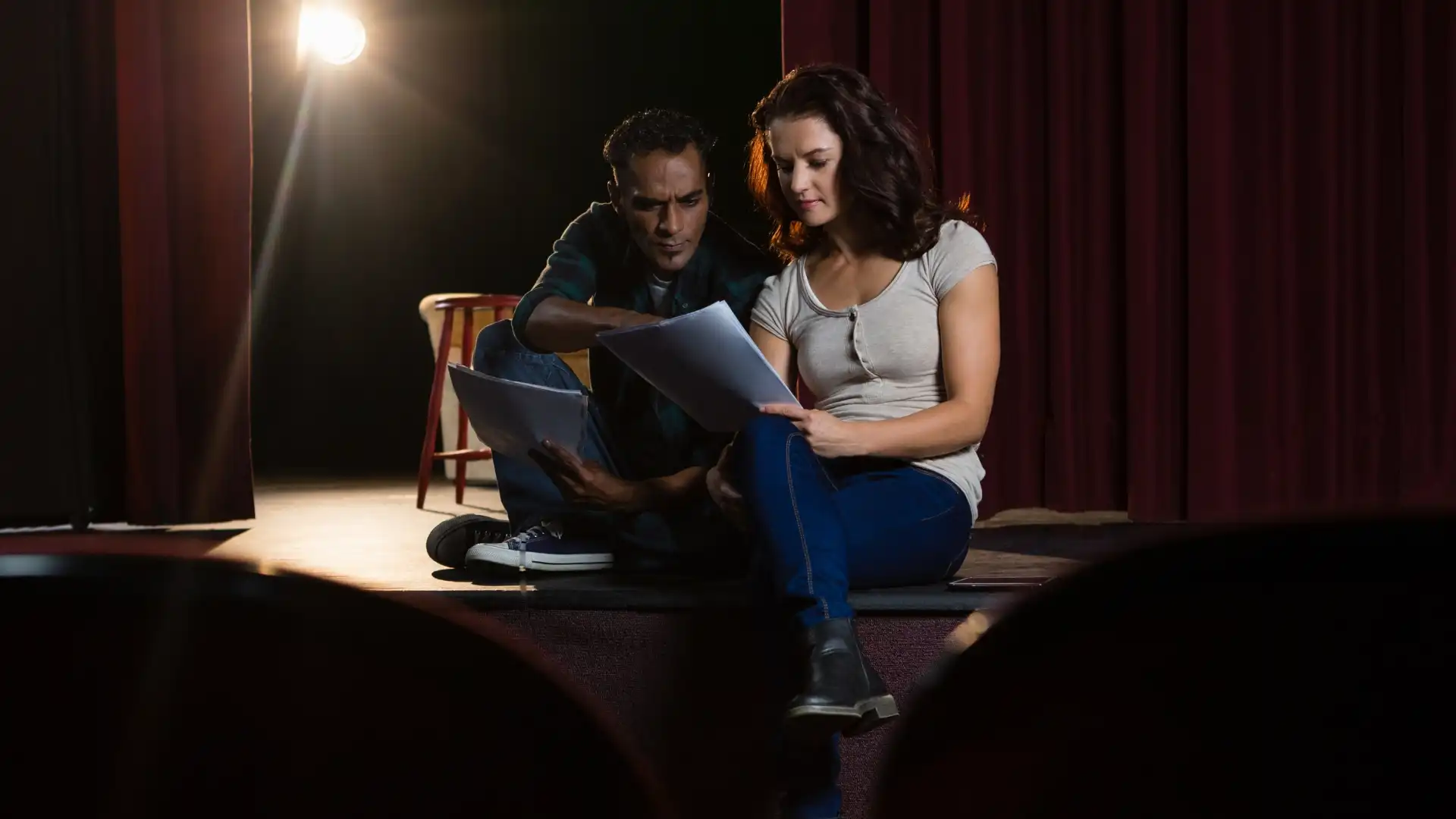Sports have always held a unique power to bring people together, transcending borders, cultures, and languages. In recent years, the concept of sports diplomacy has gained significant traction, with the recognition of its potential to foster international relations, promote peace, and create international understanding among nations. This growing field combines the universal language of sports with diplomatic efforts, creating opportunities for dialogue, cooperation, and mutual respect. In this article, we will explore the concept of sports diplomacy, its importance in today’s world, and the various career opportunities it presents.
Understanding Sports Diplomacy
At its core, sports diplomacy refers to the use of sports as a tool to build relationships, resolve conflicts, and promote social change on a global scale. It leverages the power and popularity of sports to transcend political and cultural differences, creating a common ground for dialogue and cooperation. Through sports diplomacy initiatives, nations can engage in friendly competition, cultural exchanges, and collaboration, ultimately fostering mutual understanding and respect.
The Olympic Games and Sports Diplomacy
One prominent example of sports diplomacy is the Olympic Games. The Olympics bring athletes from all corners of the world together, providing a platform for nations to showcase their talents, culture, and values. The games serve as an arena where political tensions are set aside, and athletes compete based on their skills and sportsmanship. The Olympic movement aims to promote peace, unity, and understanding among nations, making it a prime example of sports diplomacy in action.
Sports Diplomacy Beyond the Olympics
Sports diplomacy is not limited to mega-events like the Olympics. It can be implemented at various levels, from grassroots initiatives to international tournaments. For instance, organizations like Peace and Sport, a global initiative founded by Olympic medalist Joel Bouzou, use sports as a tool to promote dialogue, social inclusion, and peace in conflict-affected areas. By organizing sports programs and events, they create opportunities for individuals from different backgrounds to come together, fostering understanding and peaceful coexistence.
Career Opportunities in Sports Diplomacy
The field of sports diplomacy offers a range of career opportunities for individuals passionate about sports, international relations, and social change. Here are ten potential career paths within sports diplomacy:
- Sports Diplomat: As a sports diplomat, you would work for governmental or non-governmental organizations, using sports as a means to strengthen diplomatic ties, promote cultural exchange, and facilitate international cooperation.
- International Sports Federation Representative: International sports federations play a crucial role in organizing and governing sports at a global level. Working for an international sports federation would involve managing international relations, negotiating agreements, and coordinating events.
- Sports Event Manager: Sports events, such as international tournaments or cultural exchanges, require skilled event managers to ensure their smooth operation. As a sports event manager, you would oversee logistics, budgeting, and coordination, all while considering the diplomatic aspects of the event.
- Sports Development Officer: Sports development officers work to enhance sports participation and development, particularly in underserved communities or developing countries. They may collaborate with government agencies, NGOs, and local communities to promote sports as a tool for social change and empowerment.
- Sports Journalist: Sports journalists play a vital role in covering sports events, highlighting the diplomatic aspects of competitions, and showcasing the positive impact of sports on international relations.
- Sports Marketing and Sponsorship Manager: In this role, you would be responsible for securing sponsorships, managing marketing campaigns, and leveraging the power of sports to promote brands and foster positive relationships.
- Sports Educator: As a sports educator, you could work in schools, universities, or sports organizations, teaching and promoting the values of sports diplomacy, peace-building, and cultural understanding.
- Sports NGO Coordinator: Non-governmental organizations (NGOs) focused on sports diplomacy often require coordinators to manage projects, partnerships, and fundraising efforts. In this role, you would work towards achieving the organization’s goals and promoting sports as a means for social change.
- Sports Policy Analyst: Sports policy analysts assess the impact of sports-related policies on international relations, social development, and diplomacy. They provide insights and recommendations to policymakers to ensure sports initiatives align with diplomatic objectives.
- Sports Consultant: As a sports consultant, you would provide strategic advice and expertise to sports organizations, governments, and NGOs on matters related to sports diplomacy, event management, and international relations.
These are just a few examples of the diverse career paths available in the field of sports diplomacy. Pursuing a career in this field requires a combination of passion for sports, a strong understanding of international relations, and excellent communication skills.
Key Takeaways
- Sports diplomacy combines the universal language of sports with diplomatic efforts to foster international relations, promote peace, and create understanding among nations.
- The Olympic Games serve as a prominent example of sports diplomacy, bringing athletes from around the world together and promoting peace and unity.
- Sports diplomacy can be implemented at various levels, from grassroots initiatives to international tournaments, and organizations like Peace and Sport use sports to promote dialogue and peace in conflict-affected areas.
- The field of sports diplomacy offers diverse career opportunities, including sports diplomats, international sports federation representatives, sports event managers, sports development officers, sports journalists, sports marketing and sponsorship managers, sports educators, sports NGO coordinators, sports policy analysts, and sports consultants.
- Pursuing a career in sports diplomacy requires a passion for sports, a strong understanding of international relations, and excellent communication skills.
As you embark on your journey in the field of sports diplomacy, it is crucial to continue expanding your knowledge and skills. Consider taking the NYU Fundamentals of Global Sports Management online course and certificate program offered by Yellowbrick. This program will provide you with valuable insights into the world of sports management, equipping you with the necessary tools to navigate the complexities of sports diplomacy successfully. By investing in your education and staying updated with industry trends, you will be well-prepared to make a meaningful impact through the power of sports diplomacy.







